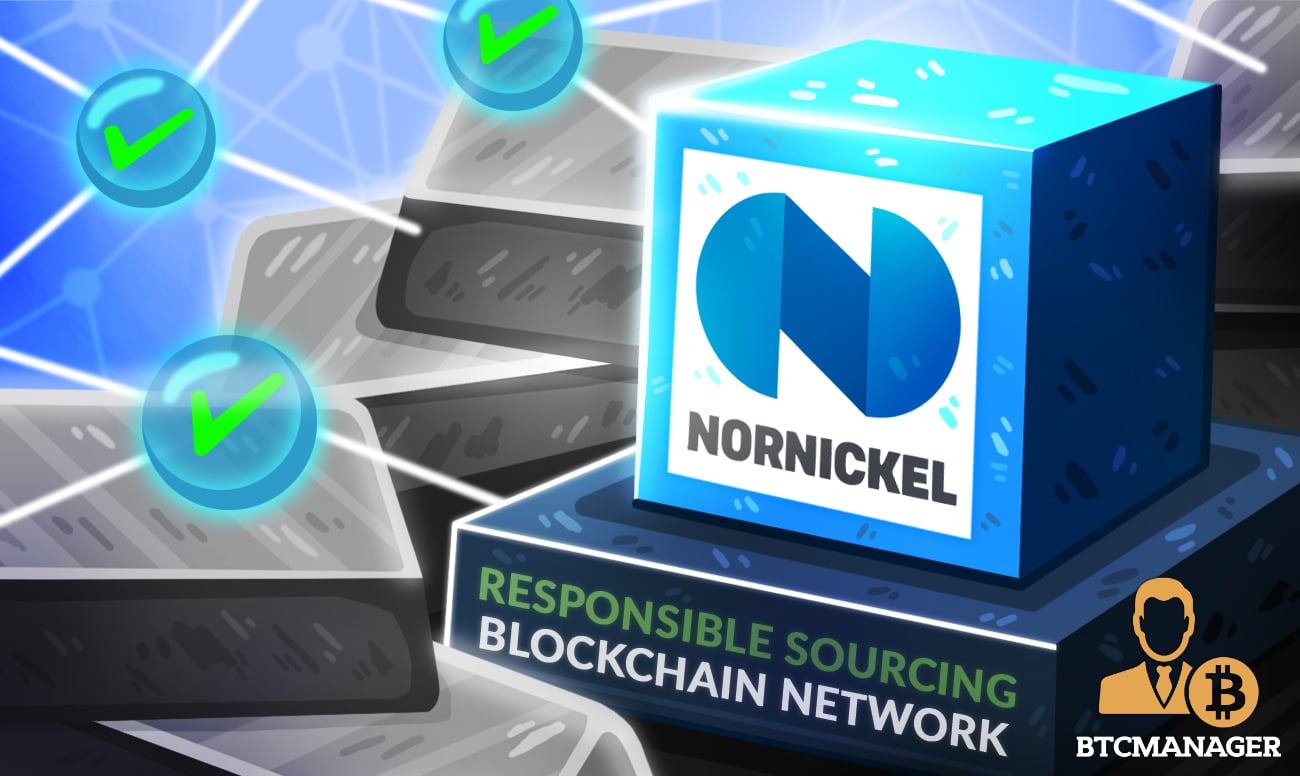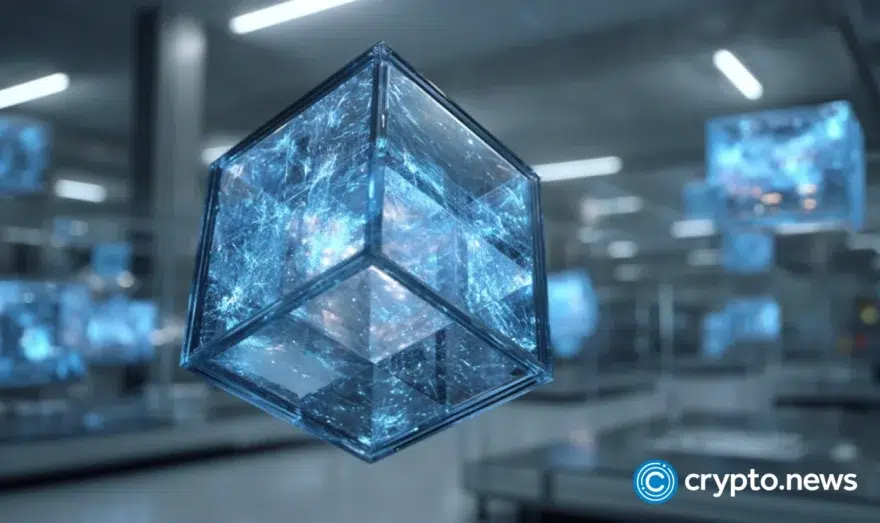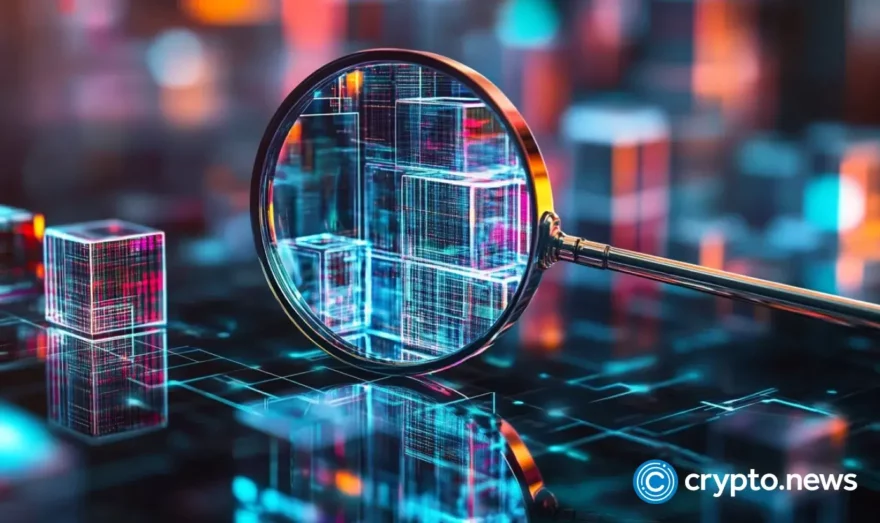Russia: Palladium Producer Nornickel Joins IBM’s Responsible Sourcing Blockchain Network

The world’s largest producer of palladium is the latest to join the Responsible Sourcing Blockchain Network (RSBN).
Norilsk Nickel Joins RSBN
According to a report by Ledger Insights on January 16, Russian nickel and palladium mining and smelting company Nornickel has now officially joined the RSBN with aim to tap the solution for nickel and cobalt.
For the uninitiated, RSBN allows its member entities to share data with other selected members and gives them a permanent, non-disputable supply chain record of mineral production to trace and verify responsible sourcing practices in mining.
Per sources close to the matter, all entities in RSBN are assessed every year by RCS Global Group against commodities sourcing requirements as established by the Organization for Economic Cooperation and Development (OECD).
This essentially means that before joining the blockchain platform, Nornickel’s supply chain will be duly audited. The audit would include the company’s mines in Russia to refineries in Finland and Russia.
The company expects that in the future, the emissions or carbon intensity would be added to the blockchain for use by its customers in ESG data for end products that involve the mined minerals.
It is worthy of note that Nornickel is also the founder of Atomyze, a B2B tokenization platform that represents commodities as digital assets, starting with metal-backed tokens.
Commenting on the development, Anton Berlin, VP of Sales and Distribution, Nornickel, noted:
“We believe that the digital technologies of RSBN and Atomyze will create the path for Nornickel and its partners to participate in a circular value chain, tracing commodity flows in near real time as well as replacing cumbersome paperwork.”
Notably, RSBN’s distributed ledger technology (DLT) platform is built on IBM Blockchain and is powered by the Linux Foundation’s Hyperledger Fabric.
Some of RSBN’s other members include the likes of Ford, Volkswagen, Fiat Chrysler, and Volvo. A major focus point for the project is to trace cobalt – a significant component for batteries used in electric cars that are often associated with unethical mining practices.
Mineral Sourcing and Blockchain
As previously reported by BTCManager, blockchain technology’s immutability makes it an ideal fit for the largely fragmented minerals supply chain industry.
In July last year, BTCManager reported that Volvo had invested in a London-based blockchain firm to monitor the supply chain of additional minerals used in the manufacturing of electric batteries.














